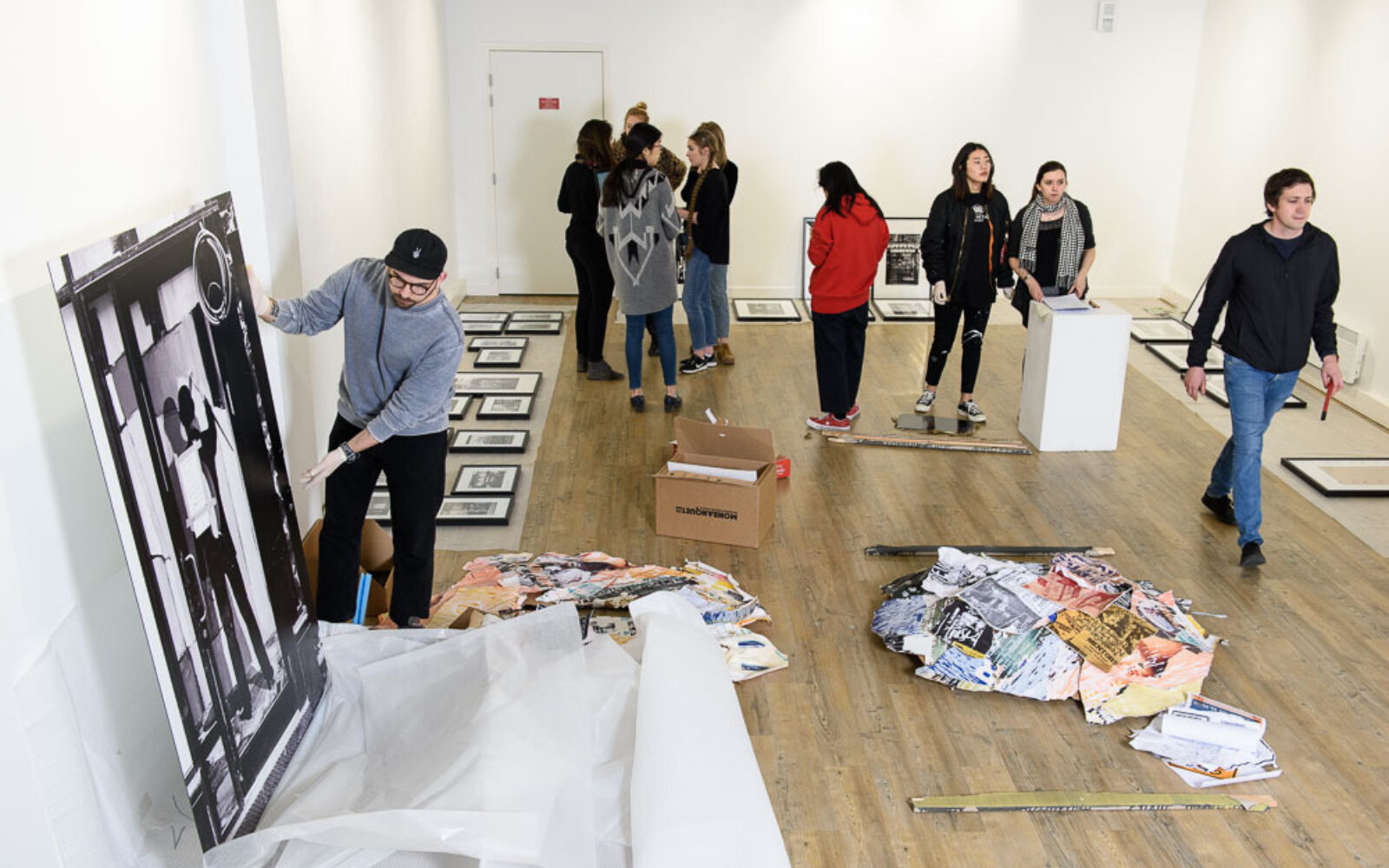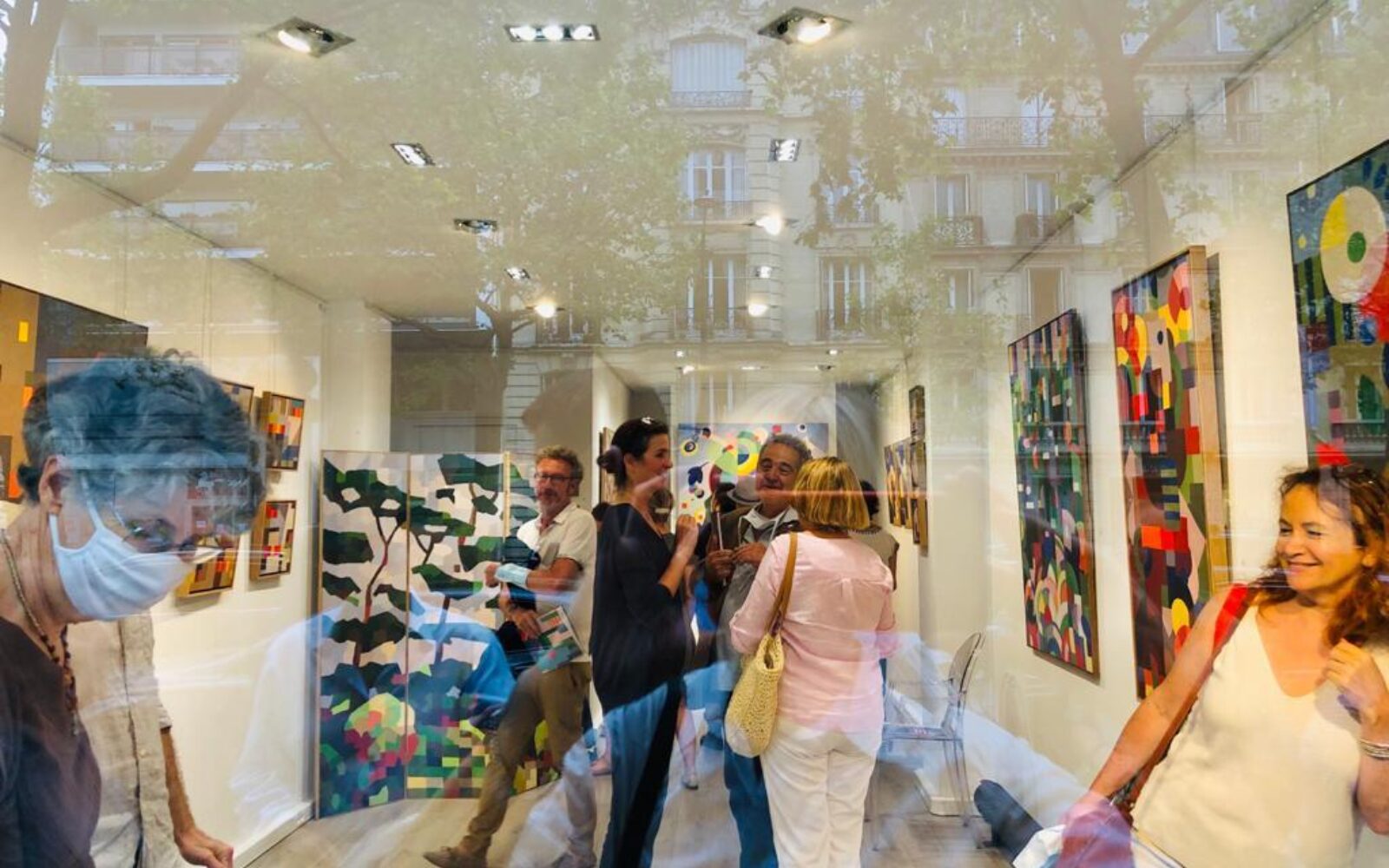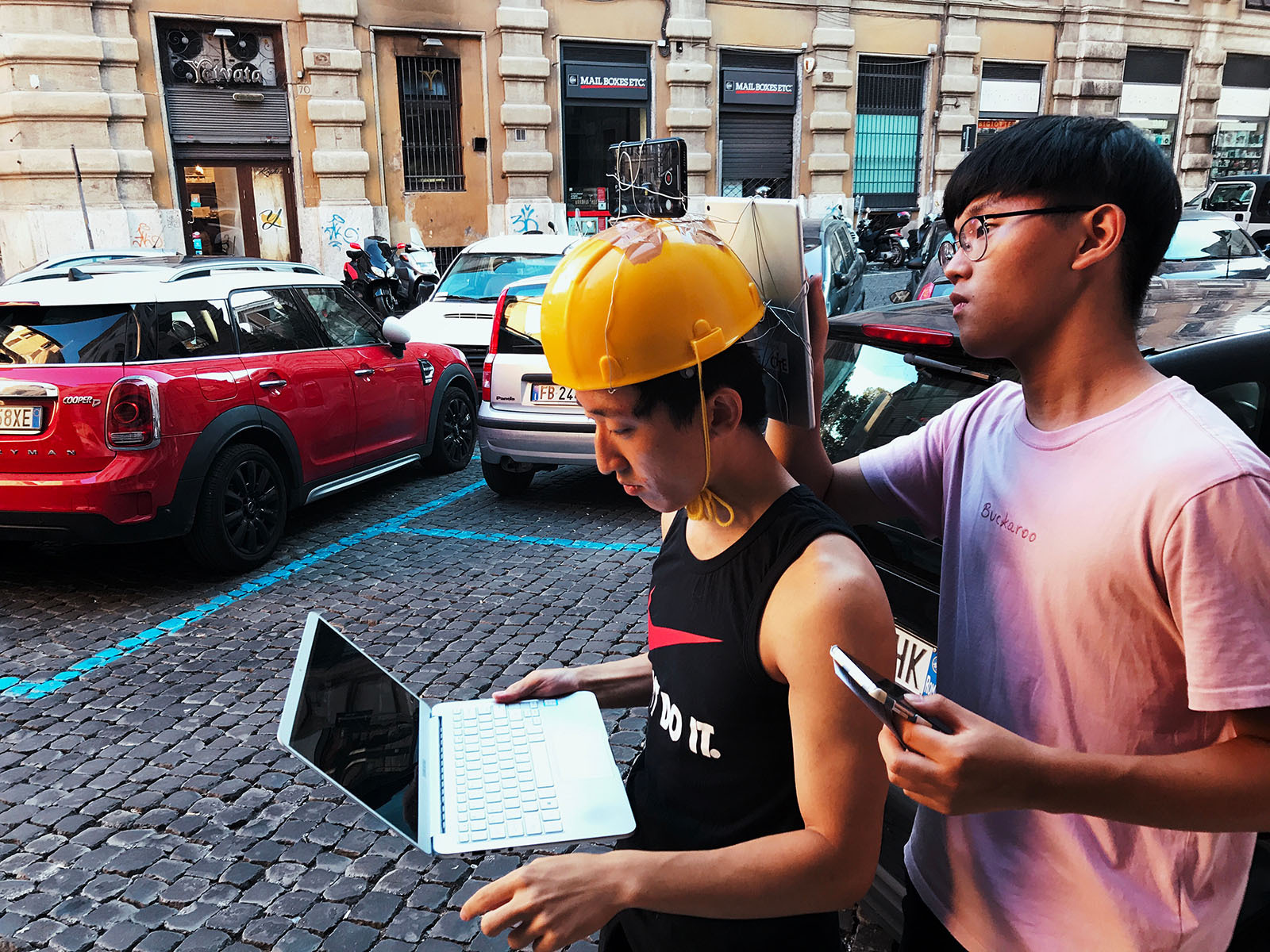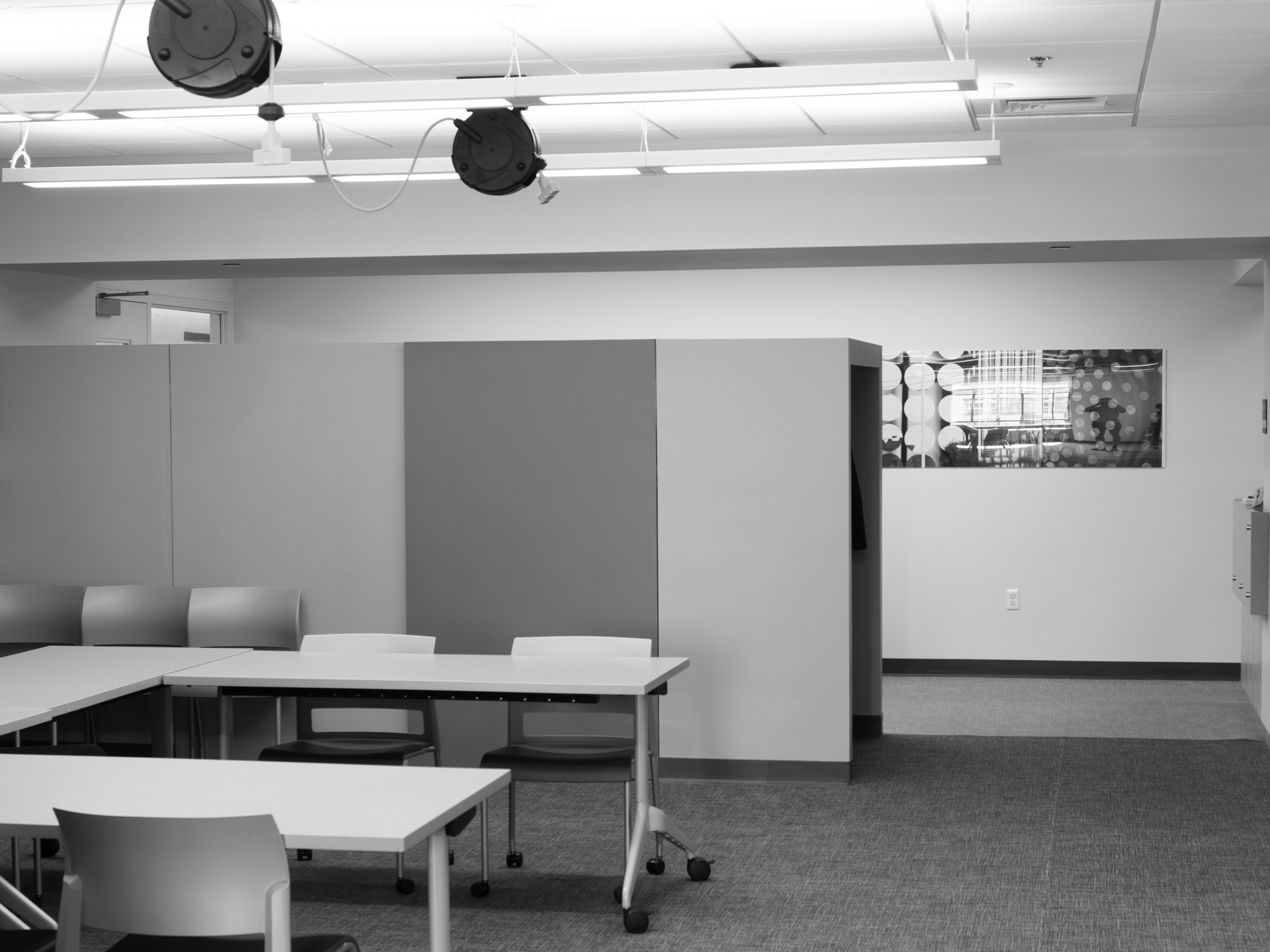About this Travel Course
Course Description
This course offered an insider’s look at past and current mechanisms of selling, buying, and exhibiting art. The goal was for artists and designers at RISD to understand the aftermath of art-making, something that they will eventually engage with once they become professionals. Through the example of an iconic location, the city of Paris, we examined issues such as: What is at stake when art is displayed for sale? How does it get a price value in the first place and who decides? What gets auctioned, how and why? We also discussed ethics and how licit or illicit artifacts on display in public and private museums may be. To do this, we replaced art collecting in its historical and social contexts and explored the part of colonialism in the formation of collections in the West, as exemplified by the Parisian situation. Consequently, we tackled the topic of the present-day trend for restitutions. How critical of the art market can we be as we experience it in the flesh? What kind of resistance exists to decolonizing the art market in Paris? From the classroom to the Louvre to the art dealer shop to the auction house to street art, this was a journey into the history of art display and transactions.
We availed ourselves of a classroom at the International Studies in History and Business of Art & Culture (IESA), a private upper-education school that trains future art agents. Art history classes prepared visits to museums and monuments but also offered space for discussion and criticism. Most of the teaching time, nevertheless, took place on-site, touring public and private locations that display art (for sale or not). We visited and interviewed art dealers, gallerists, curators, auctioneers, and scholars. At the IESA gallery, students had the opportunity of exhibiting their own homework as a conclusion of their Parisian stay.
Learning Outcomes + Assignments
- Increased awareness of the world of art sales at a practical level in order to reflect on one’s own artistic production and its future transactions
- Museology: understood the significance of display and how it creates a further layer of meaning
- Art history: gained knowledge in the history of collections, taste, special architecture for them; understood the part of colonialism and the Western appropriation of colonial artifacts; be cognizant of the debate on restitutions
- Communication: developed the ability to devise informed interviews, ask relevant questions, and raise thorny issues without embarrassing your interlocutor
- Created a collective exhibition; communicating with an audience
Housing
To participate in RISD Global Summer Studios, all students were required to stay in RISD- provided housing for the duration of the course. Students were accommodated in single occupancy rooms with bathrooms and a kitchenette available in each room.



